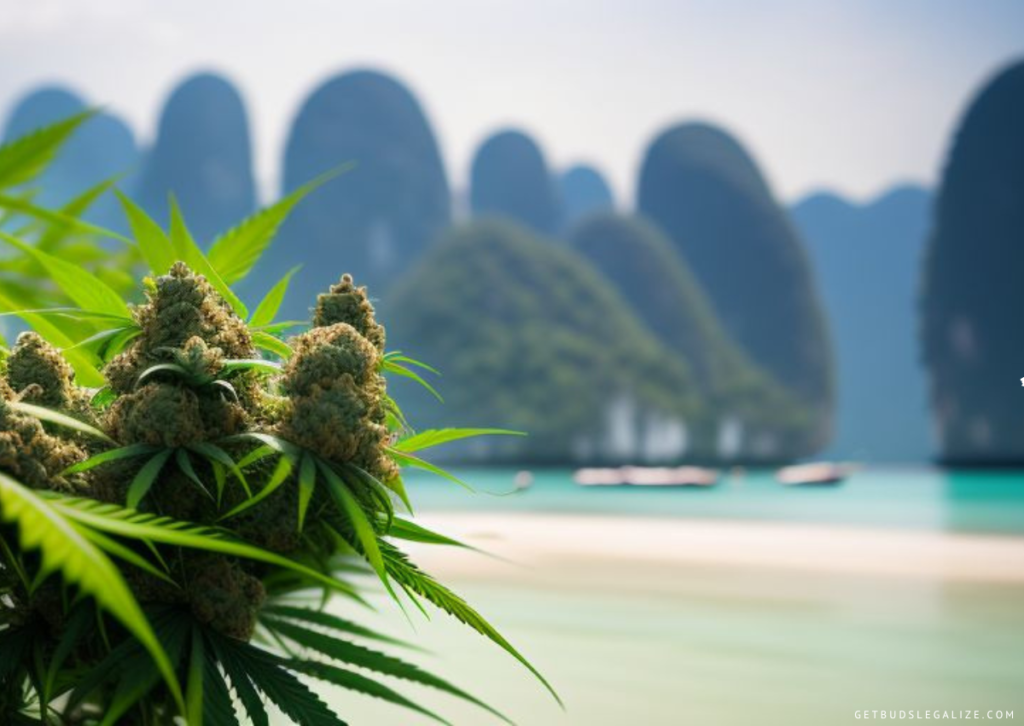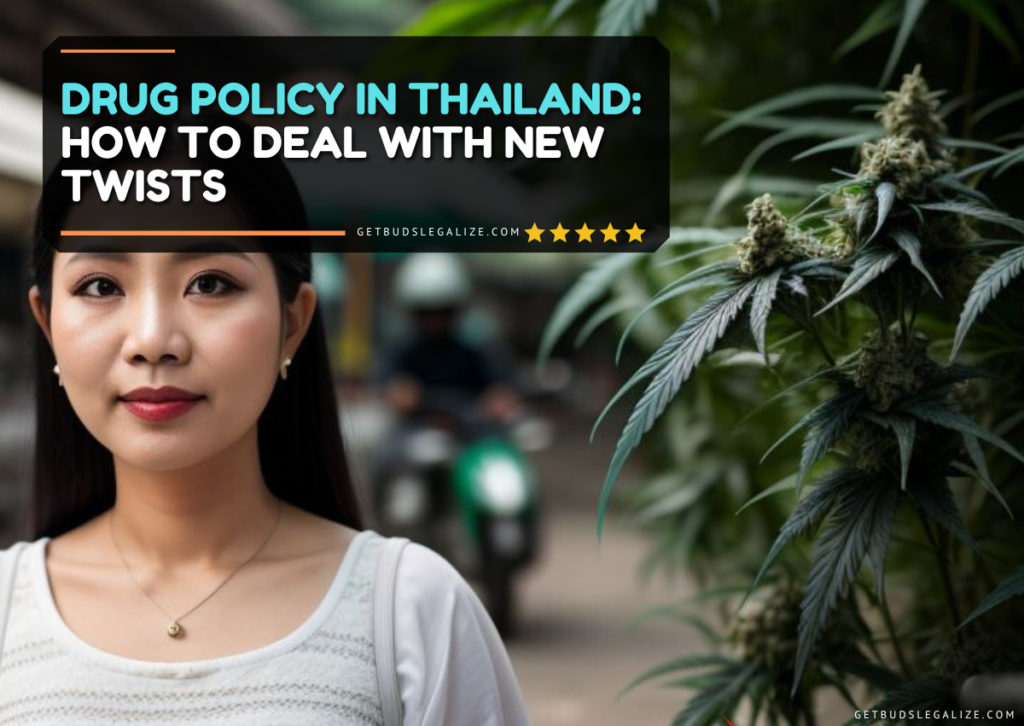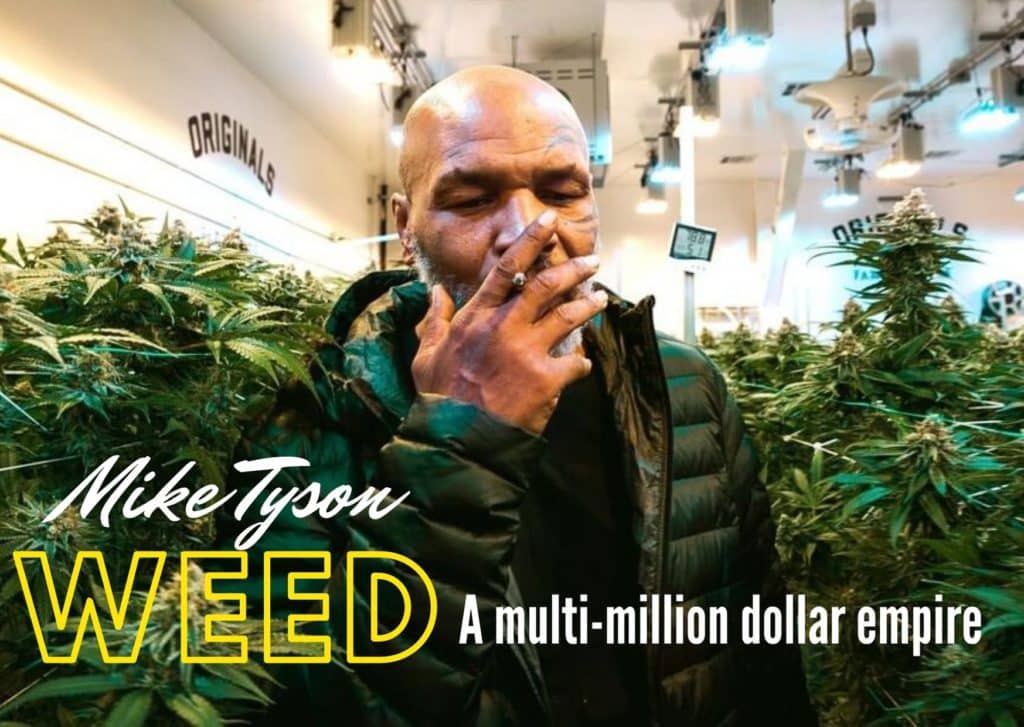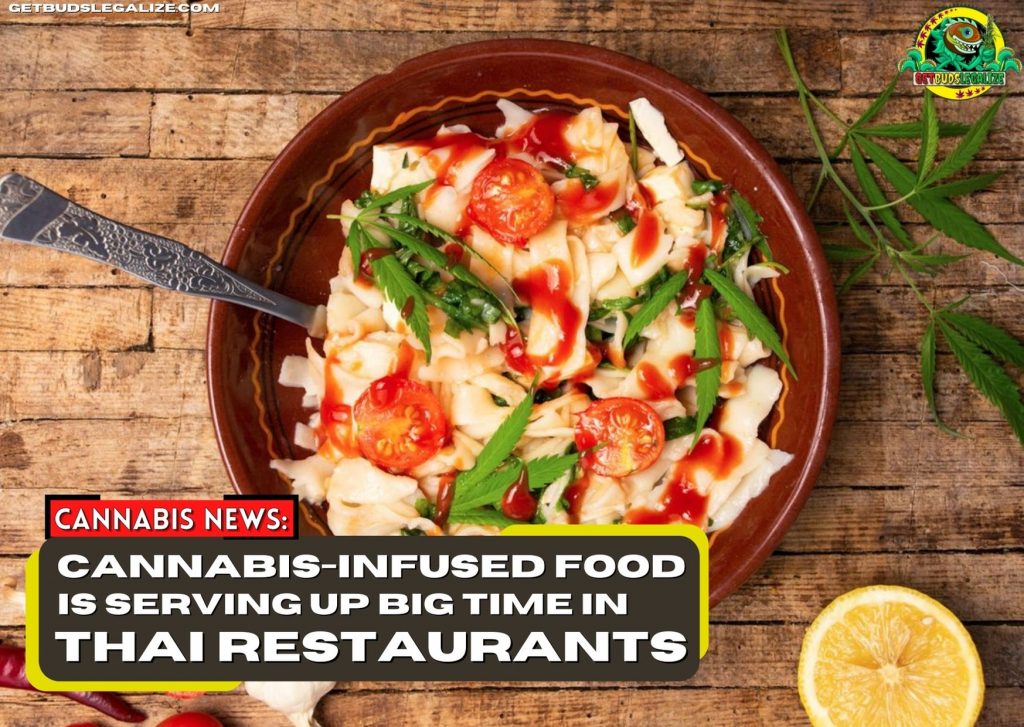2024 Drug Policy In Thailand: How To Deal With New Twists
Thailand has been at the forefront of cannabis reform in Asia, having initially decriminalized cannabis and being praised for it. However, the country is now contemplating a substantial change in its cannabis policy. This could have significant implications for the future of cannabis legislation in Thailand.
The History of Drug Policy in Thailand
With a historic decision on June 9, 2022, Thailand decided to decriminalize cannabis. This move has had a significant impact on the country’s economy, with the emergence of new cannabis shops and cafes creating a growing industry.
This decision marks a change in Thailand’s attitude towards cannabis, with the adoption of a more liberal approach and recognition of the potential economic benefits this industry can bring.
Recently, the Thai Ministry of Health presented a new bill to regulate the use of cannabis. The proposed law limits the use of cannabis for medical and research purposes, completely banning its recreational use.
This move is in line with concerns raised by Prime Minister Prayut Chan-o-cha about the potential risks associated with addiction and the negative impact of recreational cannabis use.
The Factors and Effects That Led to Thailand’s Decision
Proposed legislation in Thailand aims to address public health concerns by imposing stricter control on cannabis use. The policy is designed to prioritize the safety and well-being of the public, considering the potential health risks associated with cannabis use. This cautious approach is based on the government’s commitment to balancing economic interests, public health, and societal attitudes towards cannabis.
It is worth noting that the ban on cannabis will affect not only the commercial and recreational aspects of cannabis but also tourists who come to Thailand for this purpose. The proposed policy has sparked discussion across the country, with entrepreneurs who have invested in the cannabis industry and advocated for drug reform among those affected by the potential change.
Overall, the Thai government’s decision to reconsider cannabis policy highlights the complexities of addressing public health concerns while balancing economic interests and social attitudes towards cannabis.

The Future of Drug Policy in Thailand
Thailand’s cannabis legislation has been a topic of great interest recently, with a bill regarding the legalization of medical marijuana passed in 2018. The progress of this bill is being closely monitored, as it has far-reaching implications for both the country’s cannabis industry and for its public health policies. This situation highlights the challenges of regulating cannabis in a way that promotes innovation while maintaining responsible oversight.
The evolution of cannabis legislation in Thailand reflects the broader challenges faced by countries around the world in reforming their drug policies. As the country reevaluates its approach to cannabis, it provides a valuable case study of the need for policies that carefully balance economic, health, and social considerations.
How Thailand is implementing The Changes
Thailand’s recent cannabis policy reform represents a valuable opportunity to understand the complex issues in developing legislation supporting economic growth while prioritizing public health and social values. Effective policy requires constructive dialogue and stakeholder engagement to balance different interests.
However, Thailand’s history of frequent changes in policies, especially regarding the legality of cannabis, has often left the status of laws in a gray area.
In conclusion, the future of cannabis in Thailand remains unclear, as various factors continue to shape the industry. Despite the challenges and uncertainties, one thing is certain: the Thai people have demonstrated resilience and adaptability in the face of change. As government and public opinions on cannabis continue to evolve, we need to stay informed and engaged in this conversation.
Whether you are a supporter or an opponent, it is up to all of us to shape the future of this industry. As the saying goes, “The only constant in life is change.” Let’s embrace change and work towards a better future for cannabis in Thailand. Let us therefore keep the dialogue open and continue to inform ourselves on this important topic.
FAQs about Drug Policy in Thailand
According to the UN Office on Drugs and Crime (UNODC), the main drugs used in Thailand are methamphetamine (both in pill and crystal form), heroin, cannabis, and ketamine.
Methamphetamine is the most widely used and trafficked drug, followed by heroin.
Cannabis is mostly produced domestically, while heroin and methamphetamine are mainly smuggled from neighboring countries such as Myanmar and Laos, which are part of the Golden Triangle, a notorious region for illicit drug production. Ketamine is mostly imported from China and India.
Thailand has some of the harshest drug laws in the world, which are based on a zero-tolerance approach that aims to make the country “drug-free”. Drug use and trafficking are criminalized under several laws, such as the Narcotics Act, the Psychotropic Substances Act, and the Measures for the Suppression of Offenders in an Offence Relating to Narcotics Act.
Depending on the type and amount of drugs involved, the penalties can range from fines and imprisonment to life imprisonment and death. For example, possessing more than 15 grams of heroin or more than 5 grams of methamphetamine can result in a death sentence.
People who use drugs in Thailand face stigma, discrimination, and violence from both the state and society. They are often arrested, detained, and forced to undergo compulsory treatment in centers that lack evidence-based services and human rights standards.
According to Human Rights Watch, these centers often subject people who use drugs to physical abuse, forced labor, arbitrary detention, and denial of health care. People who use drugs also have limited access to harm reduction services, such as needle exchange programs, opioid substitution therapy, HIV testing and treatment, and hepatitis C treatment.
These services are essential to prevent the spread of infectious diseases and reduce the health risks associated with drug use.
In recent years, there have been some positive developments in drug policy in Thailand, such as the legalization of medical cannabis in 2018, the decriminalization of kratom (a plant with psychoactive properties) in 2021, and the expansion of community-based treatment and harm reduction programs.
However, these reforms are still limited and face many challenges, such as legal barriers, institutional resistance, social stigma, and lack of funding. Moreover, Thailand still maintains its punitive approach to drug control, which has not reduced drug supply or demand but has increased human rights violations, prison overcrowding, corruption, and violence.
Some of the recommendations for improving drug policy are:
- Adopting a public health and human rights approach to drug policy that prioritizes prevention, treatment, harm reduction, and social reintegration over punishment and repression.
- Reforming the legal framework to decriminalize drug use and possession for personal use, and to ensure proportionate sentencing for drug-related offences.
- Ending compulsory treatment and detention for people who use drugs, and ensuring voluntary access to evidence-based and humane services.
- Expanding harm reduction services to reach more people who use drugs, especially those who inject drugs.
- Promoting alternative development programs for farmers who grow illicit crops, such as opium poppy.
- Enhancing regional cooperation with neighboring countries to address cross-border drug trafficking and promote best practices in drug policy.
Getting caught with drugs in Thailand can have serious consequences. According to Thai law, possessing, using, or selling drugs is a criminal offense that can result in high fines, imprisonment, or even death. Even a small amount can get you in trouble with the police. Therefore, it is best to avoid any involvement with drugs in Thailand and stay safe.
Some of the illegal drugs in Thailand are:
- Class A drugs like LSD, cocaine, heroin, or ketamine
- Narcotic and psychotropic drugs like yaba, ecstasy, benzodiazepines, opium and amphetamines
- Magic mushrooms
We warn travelers to avoid illegal drugs in Thailand, as they could face long imprisonment if found with any of these substances. The website also mentions that opium and amphetamines are among the illegal drugs in Thailand.
We rely on our partners to provide you with the best products and services. By purchasing from them, you support our website and get high-quality products. Thank you for being part of our community!



















